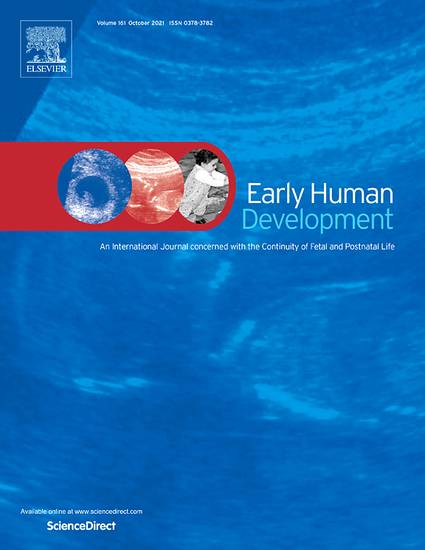
Article
Validation of a culturally adapted developmental screening tool for Australian Aboriginal children: Early findings and next steps
Early Human Development
(2016)
Abstract
Early detection of developmental problems is important for facilitating access to targeted intervention and maximising its positive effects. The later problems are identified, the more likely that they will become increasingly difficult to ameliorate. Standardised developmental screening tools are known to improve detection rates of developmental problems compared to clinical judgement alone and are widely recommended for use with all children. The Ages and Stages Questionnaire (ASQ-3) is a tool that is widely used in Australia. However, mainstream screening tools may not be appropriate for remote-dwelling Australian Aboriginal children. While Australian Aboriginal children face multiple developmental risk factors, there are no developmental screening tools that have been validated for use in this population. To determine the concurrent validity of the culturally adapted ASQ-3—the ASQ-TRAK—for Australian Aboriginal children compared to the Bayley Scales of Infant and Toddler Development (Bayley-III), a standardised, professionally administered developmental assessment. The ASQ-TRAK and Bayley-III were administered cross-sectionally to 67 Central Australian Aboriginal children between 2 and 36 months of age. The ASQ-TRAK communication, gross motor, fine motor and problem-solving domains and the corresponding domains on the Bayley-III were moderately correlated. Overall sensitivity for the ASQ-TRAK was 71% (95% CI 29–96) and specificity was 92% (95% CI 88–99). Percentage agreement between the ASQ-TRAK and the Bayley-III was 90%. The ASQ-TRAK shows promise as a tool that can be used to improve developmental monitoring for remote dwelling Australian Aboriginal children. Further research is necessary to build on the current findings.
Keywords
- Aboriginal children,
- Early identification,
- Early intervention,
- Geographic isolation,
- Infants,
- Toddlers,
- Rural Aboriginal people,
- Screening tests,
- Validity
Disciplines
Publication Date
December, 2016
DOI
https://doi.org/10.1016/j.earlhumdev.2016.08.005
Citation Information
Simpson, S., D’Aprano, A., Tayler, C., Toon Khoo, S., & Highfold, R. (2016). Validation of a culturally adapted developmental screening tool for Australian Aboriginal children: Early findings and next steps. Early Human Development, 103, 91–95. https://doi.org/10.1016/j.earlhumdev.2016.08.005
